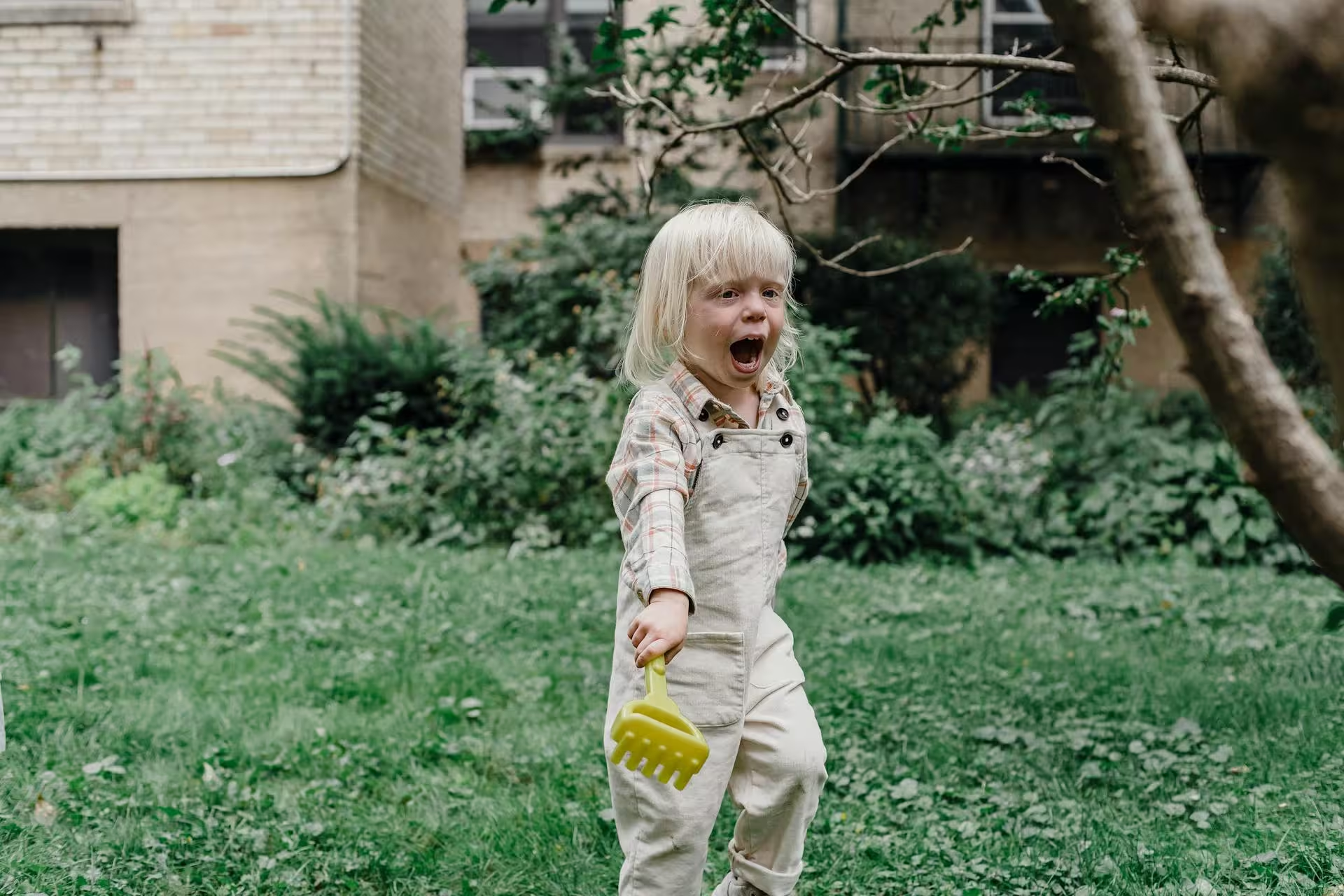November 11-15th is Anti-Bullying Week in the UK and this year’s theme is Choose Respect. Anti-Bullying Week is an annual event that aims to raise awareness of bullying of young people, with an emphasis on prevention and effective responses to bullying.
As parents of autistic twins, we know firsthand the unique challenges they face. One significant concern is bullying. Given their often different social interactions and communication styles, our autistic children can sometimes become targets. Unfortunately, autistic children are at a higher risk of being bullied.
What is bullying?
The Anti-Bullying Alliance defines bullying as “the repetitive, intentional hurting of one person or group by another person or group, where the relationship involves an imbalance of power. Bullying can be physical, verbal or psychological. It can happen face-to-face or online.”
What’s so different about autism?
Some studies have estimated as many as 94% of autistic students experience bullying. This can be for a number of reasons, including unique behaviors that can make them targets. Your autistic twins may stim or have sensory integration needs that make them stand out. They may also have other physical cues that single them out, such as different patterns of walking, unexpected movements, or the use of specialized equipment or classroom aides. They may be perceived to be “different” because they leave the general classroom environment to receive more educational support.
As autism affects your twins or triplets social and communication skills, they may lack the skills necessary to avoid involvement in bullying situations such as avoidance, de-escalation or asking for adult help when needed. They may also have speech patterns that are different such as selective mutism, stuttering or echolalia. Additionally they may be seen as “rude” due to their rigid thinking, easily led into situations or provoked into certain responses.
Bullying can make young people feel isolated or lonely, negatively impact their self esteem and mental health, and affect their identity and confidence. Students that have experienced bullying reported not feeling safe, not wanting to go to school, and not trusting teachers and adults.
When your twins are being bullied
A common theme we hear about with twins and triplets is the sense of looking out for each other. Fourteen year old boy girl twins Ben and Amy have dealt with this situation. – just Ben is autistic and he doesn’t like the way people treat him compared to his sister. “Sometimes people, just like, they treat me like I’m a baby just because I have autism. Like they talk to me like a toddler, or a puppy, and that’s not very nice….” As they enter high school, the twins will be at different schools and Amy worries she won’t be there to protect him.
A twin mom shared that her 10 year old boy/girl twins experienced bullying. Her autistic son is singled out by a particular boy who “….cornered him (autistic son) and kept poking him with two fingers in the chest.. repeatedly until he couldn’t catch his breath… I’ve informed my daughter to not wait and take immediate action next time…”. Although it is nice to think your twins can look out for each other, you shouldn’t encourage one twin or triplet to intervene or feel like it is their responsibility to keep their twin safe. Teach your twins to alert a teacher and ask for help when they need it.
When your autistic twin’s sibling is being bullied
If your twins go to the same school, the bullying behavior can extend to the non-autistic twin too. They may feel confused or embarrassed if their twin acts differently or has a meltdown in school. They may also feel ignored if teachers spend more time supporting their autistic twin.
Mary Ann shared her experience of bullying growing up with an autistic twin brother. “When teased at school about my brother I ignored their taunts and pretended not to be hurt by them. I often felt alone. There was no one who understood what it was like to have a brother with challenging behaviours. When I invited friends home to play they came once but never came again….”
When your autistic twins are the bullies
Despite facing their own challenges, your autistic triplets or twin might engage in bullying behavior too. I remember when my autistic triplet son was in primary school, he would always push his way to the front of the line when it was time to line up for outdoor play or home time, and would get rough if he wasn’t first. Although he was just excited and wanted to be outside first, to the other children and teachers, this behavior was bullying. We worked with our son on things like we don’t push others, we are patient and wait our turn, and we don’t always get to go first.
When your autistic twins are bullied by adults
Sadly autism remains widely misunderstood and often that misunderstanding can lead to adults bullying or acting inappropriately towards autistic people. Dysregulation for your autistic twins may result in meltdowns, which can look like aggression such as lashing out at other students or teachers. Schools often blame the student (or the parents) for these autistic behaviors and label the child as bad, disobedient, violent, rude, refusing to engage in work or refusing to follow instructions. In fact, a 2022 study in England found that autistic pupils are more than twice as likely to be kicked out of school for behavioral issues than non-autistic students.
What can I do to help?
Have regular, open conversations with your twins about their day, their friends, and any challenges they might be facing. You might find that they are not willing (or able) to talk about it. Watch for behavioral changes such as changes in their mood, eating or sleeping patterns. Let them know when they are ready, they can share how they feel, including drawing pictures if they can’t put it into words.
Despite being twins, triplets or quadruplets, it’s important to build their self-esteem by emphasizing their unique qualities. Practice thinking skills by asking how they might have handled a situation differently or what they might do next time. Social skills training helps them navigate social situations more confidently.Therapy can help them develop coping mechanisms and social skills. Counseling can also address traumas caused by bullying.
You should also talk openly with your twins about differences and how if we were all the same, life would be a bit boring! Encourage your twins to ask questions about themselves and their family, why they are autistic and why another child may be treating them this way. We’ve put together a great list of books for all ages about autistic twins and learning about differences and empathy.
Communicate regularly with school about your concerns, your twins social challenges or any specific bullying incidents. Ask the school to talk about autism and anti-bullying with all students to ensure children have a safe place where they can learn and thrive. If you feel the school or teachers are the ones bullying, find local support or enquire about how to raise a formal complaint. For example, in England the National Autistic Society offers a School Exclusion service which helps parents navigate their autistic child being kicked out of school.
Free resources for autism and bullying
The Anti-Bullying Alliance has put together lots of resources geared at bullying in schools, and autism specific resources as well. They’ve also put together a free training for those who work with children and young people. You can also find resources for parents/carers, teachers and autistic adults on The National Autistic Society‘s website, and Raising Children in Australia has a great page about bullying autistic children and teens.
Have your autistic triplets, twins or quadruplets experienced bullying? Share your experiences in the comments below. Be sure to subscribe for the latest news and updates!
This website uses affiliate links. We may make a small commission from purchases when you use these links, at no additional cost to you. As an Amazon Associate we earn from qualifying purchases.




